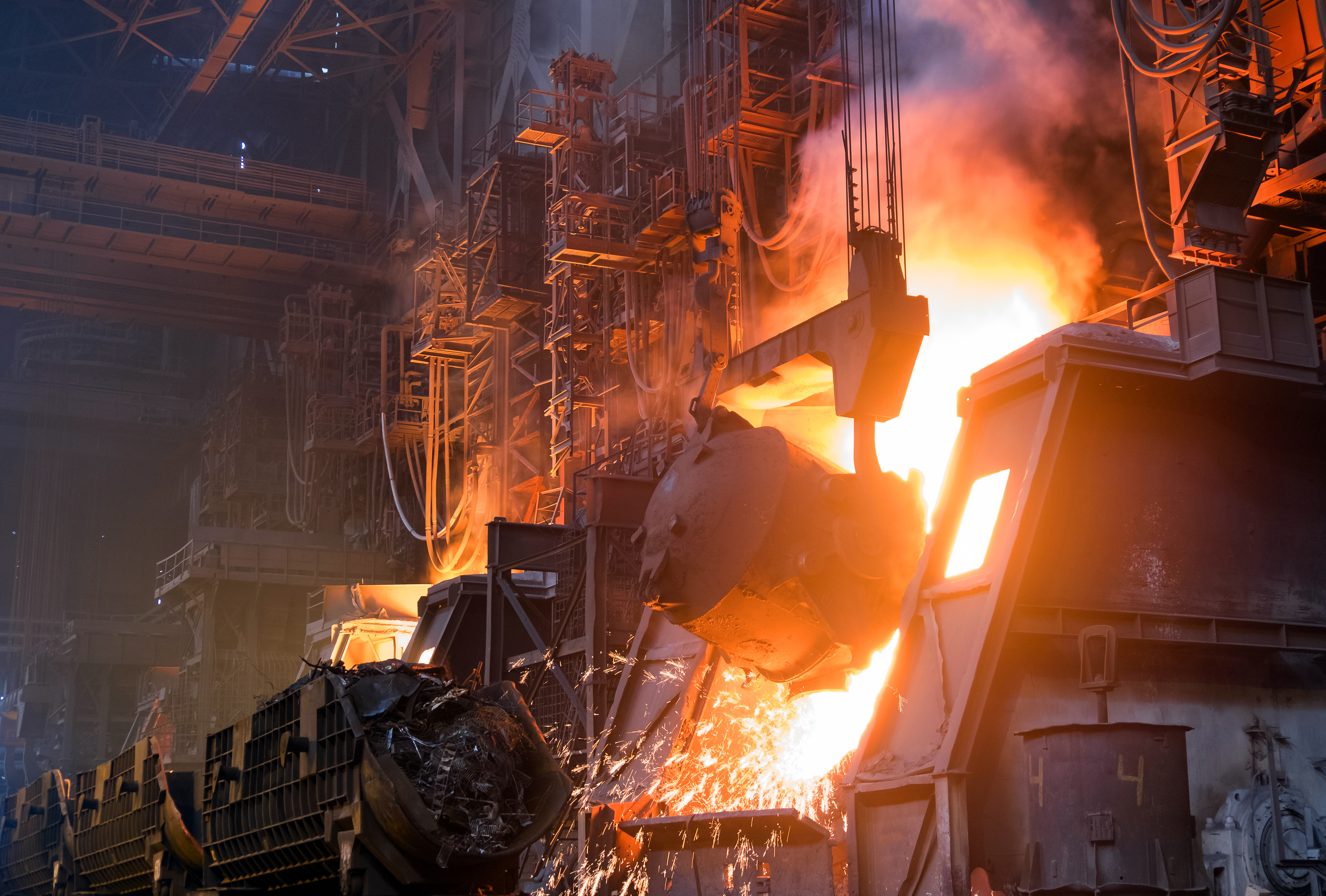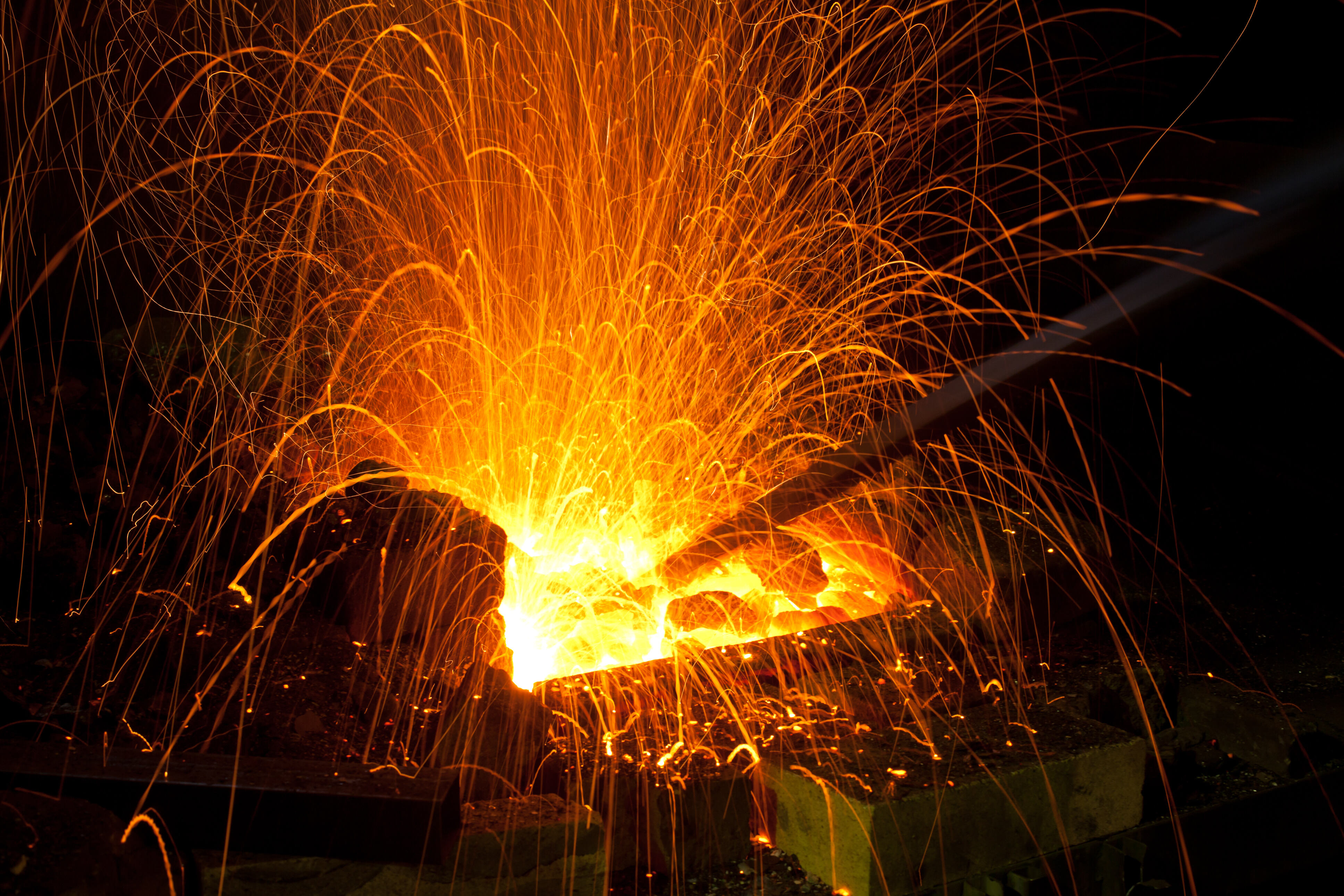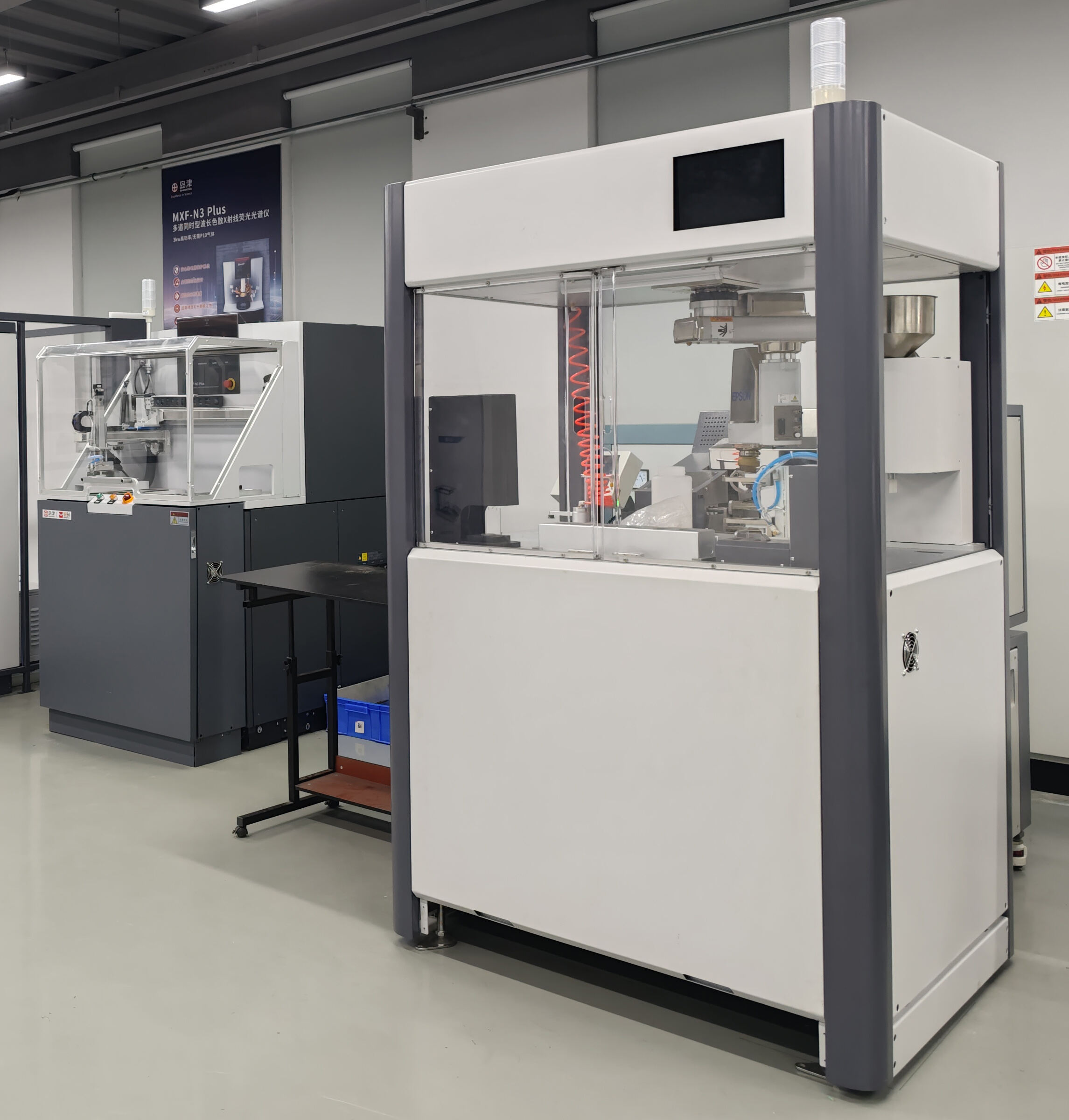металлургические процессы
Металлургические процессы включают в себя широкий комплекс методов и техники, используемых для извлечения, очистки и переработки металлов из их природных руд в готовые изделия. Эти процессы объединяют химические, физические и механические операции для достижения требуемых свойств материалов. Основные функции включают подготовку руды, восстановление, рафинирование и формование. Современные металлургические процессы используют передовые технологии, такие как автоматизированные системы управления, точный контроль температуры и сложные аналитические инструменты для обеспечения оптимальных результатов. Процессы могут быть условно разделены на два направления: экстракционная металлургия, занимающаяся получением металлов из руд, и физическая металлургия, изучающая физические и механические свойства металлов. Области применения охватывают многочисленные отрасли промышленности — от автомобилестроения и аэрокосмической до электроники и строительства. Процессы предусматривают различные масштабы производства — от небольших партий до непрерывных крупномасштабных операций, что делает их универсальными для различных производственных задач. Экологические аспекты все больше учитываются в этих процессах, а современные предприятия внедряют устойчивые практики и системы контроля выбросов. Технологии продолжают совершенствоваться благодаря инновациям в области энергоэффективности, сокращения отходов и повышения качества продукции.


